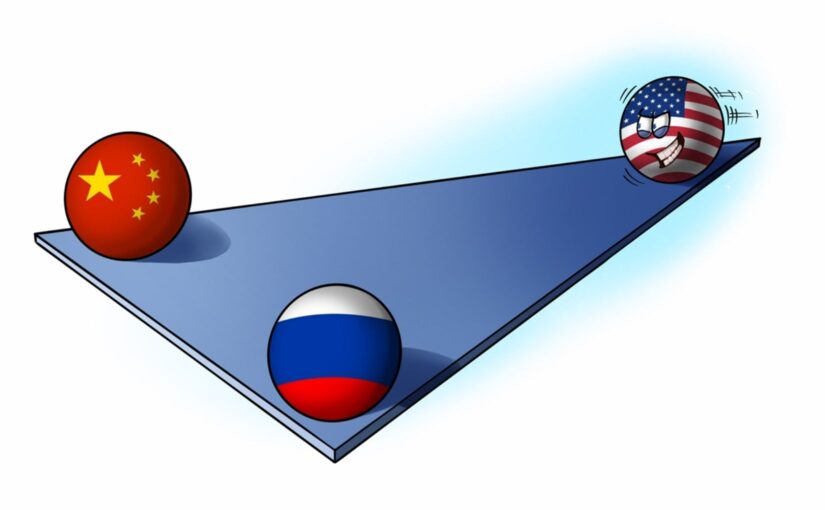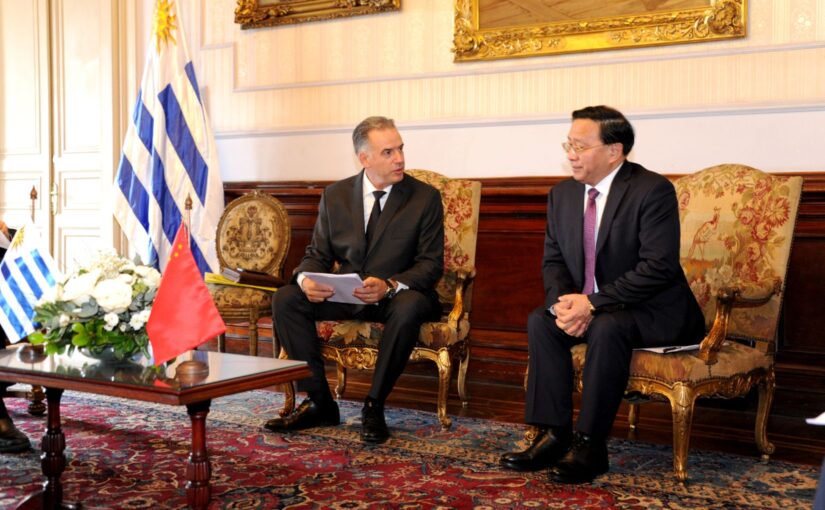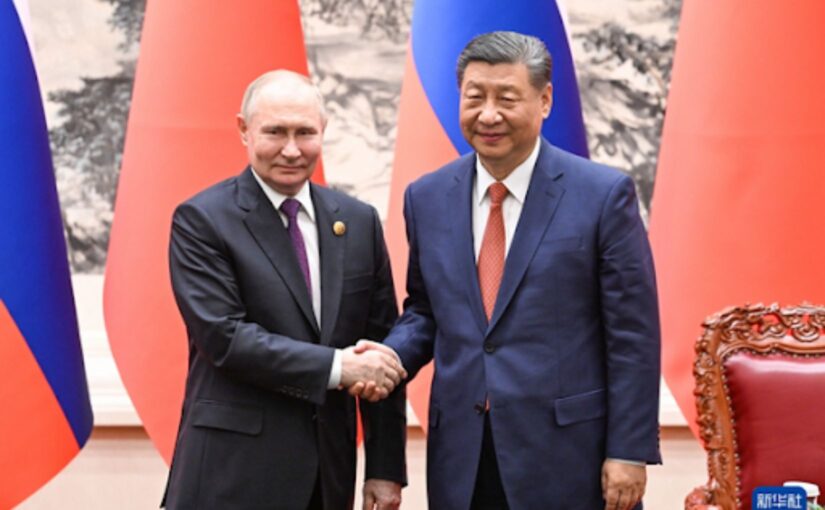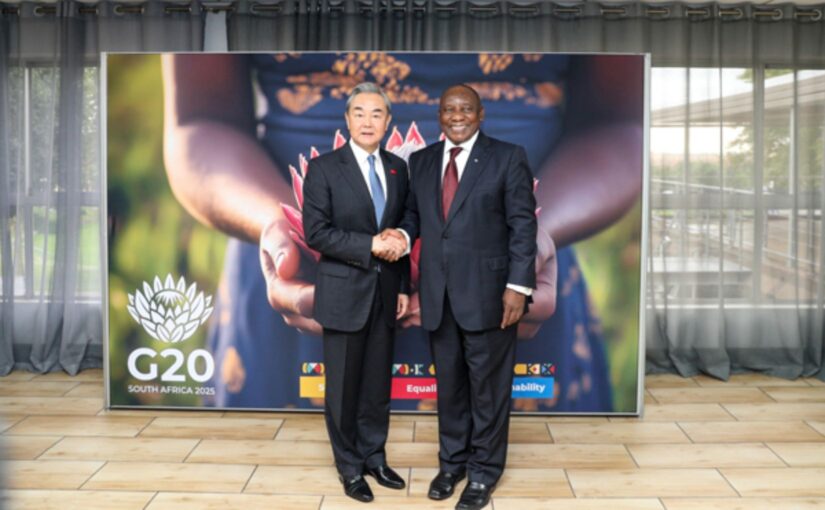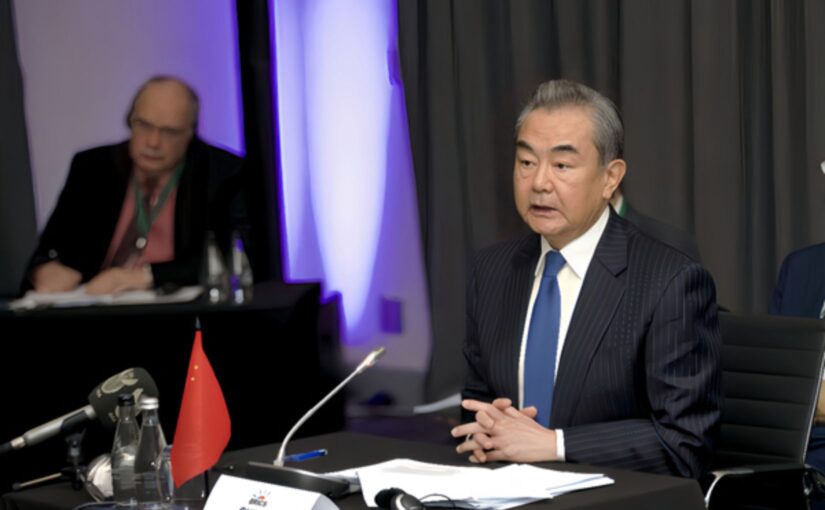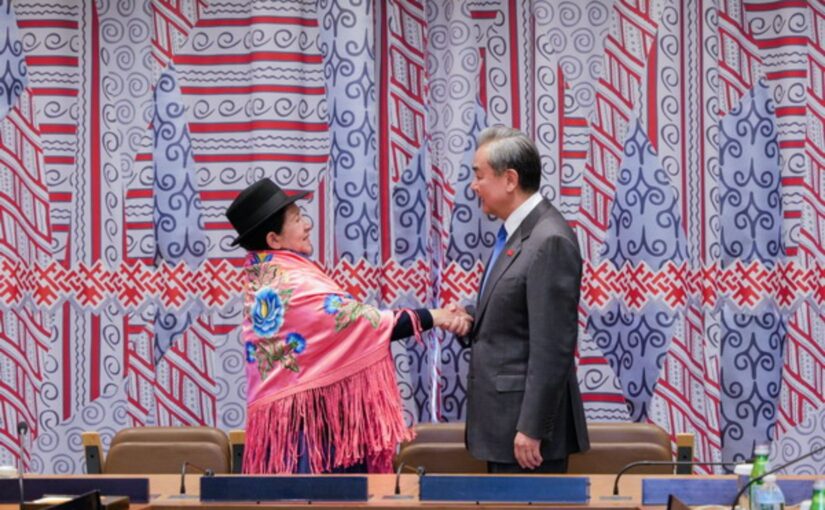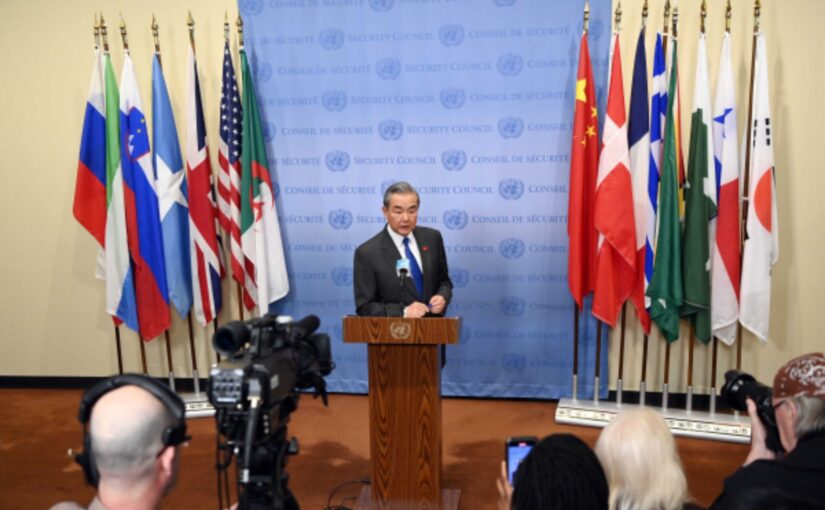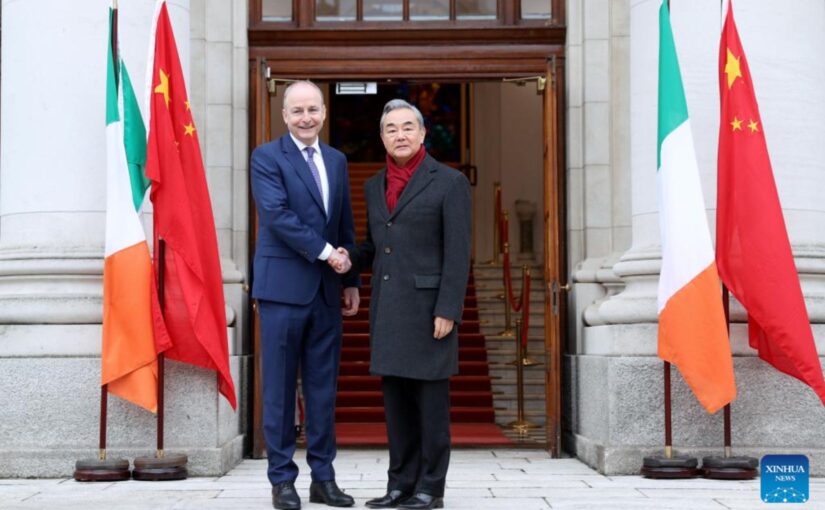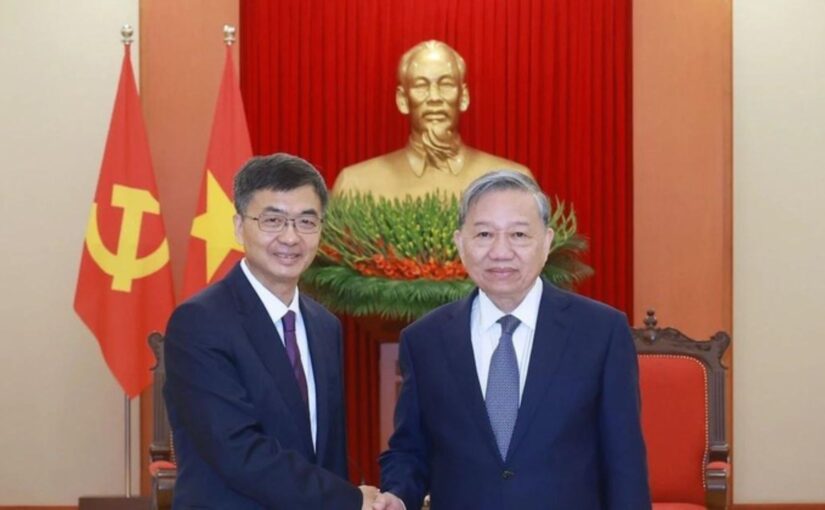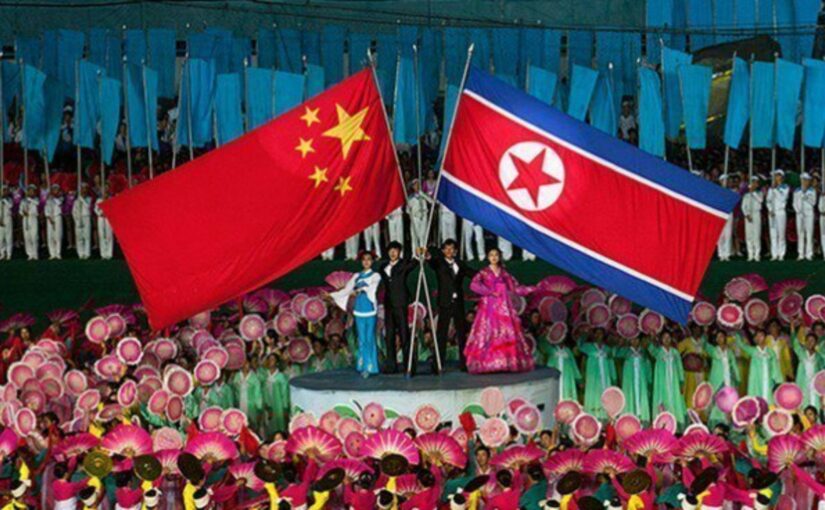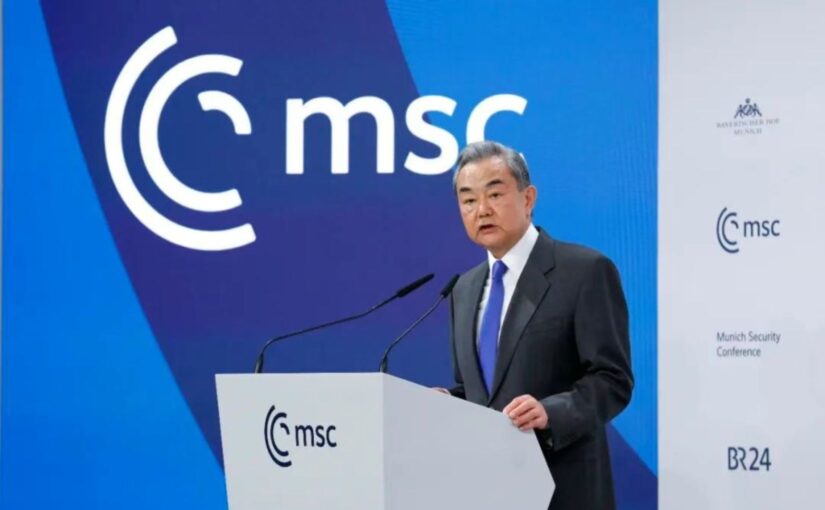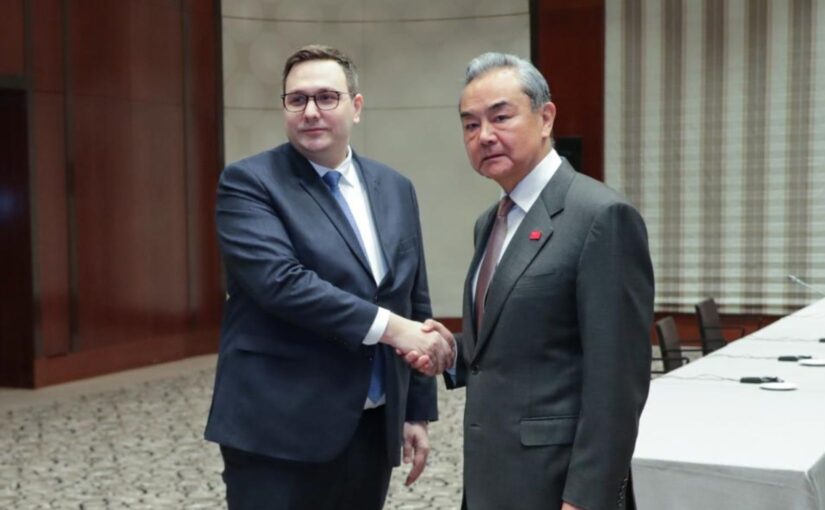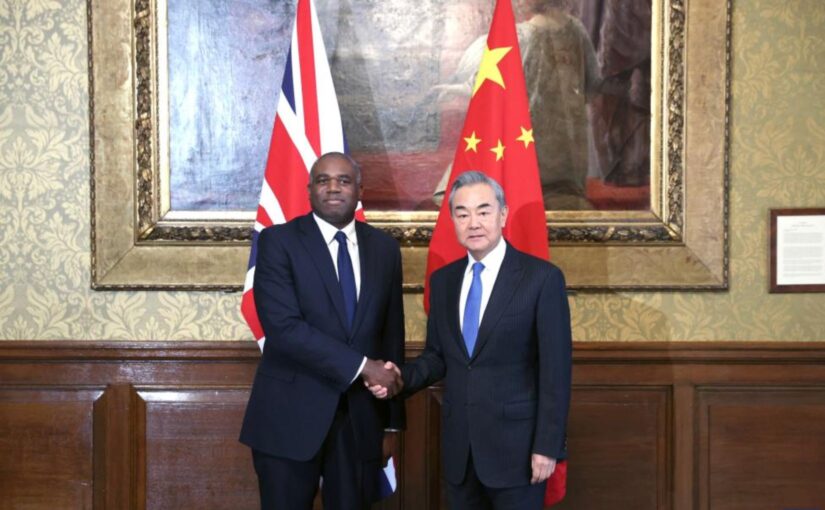Chinese Foreign Minister Wang Yi visited Moscow at the beginning of April, with his main agenda being the preparation of President Xi Jinping’s upcoming visit in May for the 80th anniversary celebrations of the Soviet Union’s victory in the Great Patriotic War against Nazi Germany.
Meeting with Wang on April 1, Russian President Vladimir Putin called on Russia and China to consistently enhance their strategic cooperation amid global turbulence. Marking the 80th anniversary of the Soviet Union’s victory in the Great Patriotic War, Putin extended an invitation for Chinese representatives to attend commemorative events in Russia. He emphasised the shared historical significance of celebrating victories over Nazi fascism and Japanese militarism, stating that Russia is fully making preparations for the occasion and added that this milestone should propel Russia-China comprehensive strategic partnership to new heights and strengthen multilateral collaboration within frameworks such as the United Nations, the Shanghai Cooperation Organisation, and the BRICS + mechanism.
Responding, Wang Yi recalled that over 80 years ago, the peoples of China and the Soviet Union fought tenaciously on the Asian and European fronts, sacrificing immensely to defeat Japanese militarism and Nazi fascism, thereby contributing decisively to global peace. Today, as pivotal stabilising forces in a turbulent world, China and Russia must jointly uphold the outcomes of World War II, defend the post-war international order, and reinforce the United Nations’ central role in the global system. Both countries, he added, are committed to advancing multilateralism and democratising international relations.
He further said that the two countries have aligned their plans to support each other’s 80th-anniversary commemorative events, expressing confidence that the leaders’ engagements this year will further promote bilateral ties.
The official website of the Russian President published extracts from the two men’s opening remarks.
President Putin said: “I am aware that you have an extensive and busy programme for your visit. First of all, it is connected with preparations for the visit of the President of the People’s Republic of China to Russia. We will prepare a good and fulfilling programme. I hope it will involve not only participation in solemn events but will also be a separate visit. The President of the People’s Republic of China will be our main guest, and we will have an opportunity to discuss the current state of bilateral relations and our interaction on international venues, primarily the UN – the UN Security Council – as well as the Shanghai Cooperation Organisation, BRICS and a number of other platforms where we work together with great success.” [A number of analysts have suggested that Putin’s reference to Xi as being the “main guest” means either that the speculation that US President Donald Trump might also visit Moscow at this time is without foundation or that the US President would be accorded a lower protocol status than his Chinese counterpart.]
Wang Yi responded: “You have accurately noted that this year marks the 80th anniversary of Great Victory in the war against Nazism and the 80th anniversary of the founding of the UN. Eighty years ago, the Chinese and Soviet people fought bravely in Europe and Asia, on the main front, suffered heavy national losses, and defeated militaristic Japan and Nazi Germany, thus making a major contribution to peace for humanity. Eighty years later, today we must unite to uphold the outcomes of World War II, the post-war world order, and the UN-centric international system, and join our efforts to promote multipolarity and democratisation of international relations.
“Mr President, you accurately noted that preparations for President Xi Jinping’s visit and his participation in the celebrations to be held in early May are the main purpose of my current visit. Before this meeting with you now, Minister Lavrov and I have met to align every item on our agenda that concerns preparations for this visit.”
In the above-mentioned meeting with Sergey Lavrov, the Russian Foreign Minister said that his country highly appreciates the global initiatives that China proposed, fully supports China’s position on the Taiwan question, and is willing to jointly uphold the purposes and principles of the UN Charter, and safeguard a just and equitable international order.
Discussing Ukraine, Wang reiterated China’s consistent position and expressed support for all peace efforts, noting that China is willing to continue to build more international consensus through the Group of Friends for Peace and play a constructive role in promoting a political settlement of the crisis.
During his visit, Wang Yi also gave an extensive and exclusive interview to the Russia Today media group.
On the overall state of bilateral relations, he said:
“Under the strategic leadership of President Xi Jinping and President Putin, the partnership and strategic interaction between China and Russia has been continuously deepened, which not only fully meets the logic of history, but also proves the powerful self-sufficiency of bilateral ties. This allows us to live in peace, harmony and common prosperity, and furthermore contributes to the formation of a multipolar world and the democratisation of international relations.
“Today’s Sino-Russian relations have three characteristics: First, ‘Forever friends, never enemies.’ Our relations have matured on the basis of continuously summing up historical experience and learning from past lessons. The leaders of the two countries, with their inherent political foresight, made a historic decision to ‘close the past and open the future.’
“Second, equality and mutually beneficial cooperation. Chinese-Russian relations have acquired a qualitatively new content and scope. Cooperation is not only high-level, but also accessible to ordinary people, brings real tangible benefits to our peoples and provides enormous benefits to other countries of the world.
“Third, non-alignment, non-confrontation and non-targeting of third parties. Sino-Russian relations do not pose any threat to others, much less are they subject to outside interference or disruption and are not only a modern example of a new type of relationship between major powers, but also an important stabilising factor in a turbulent world.”
Continue reading Wang Yi: China and Russia are “forever friends, never enemies”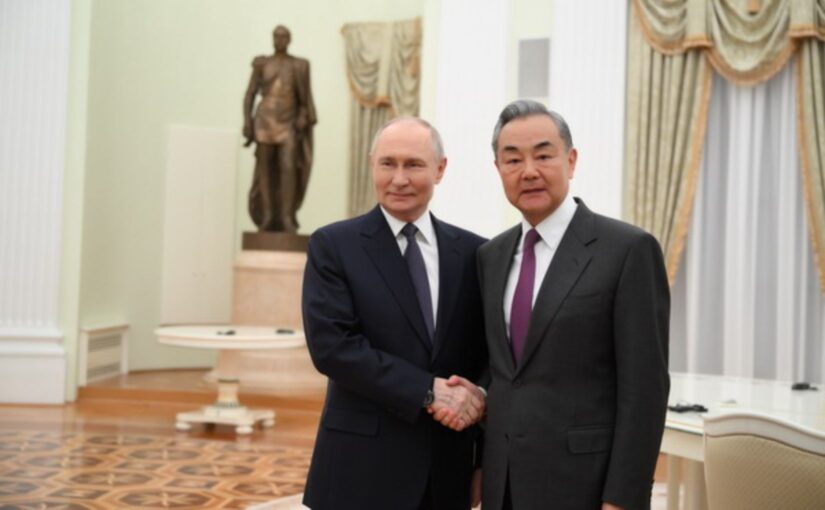
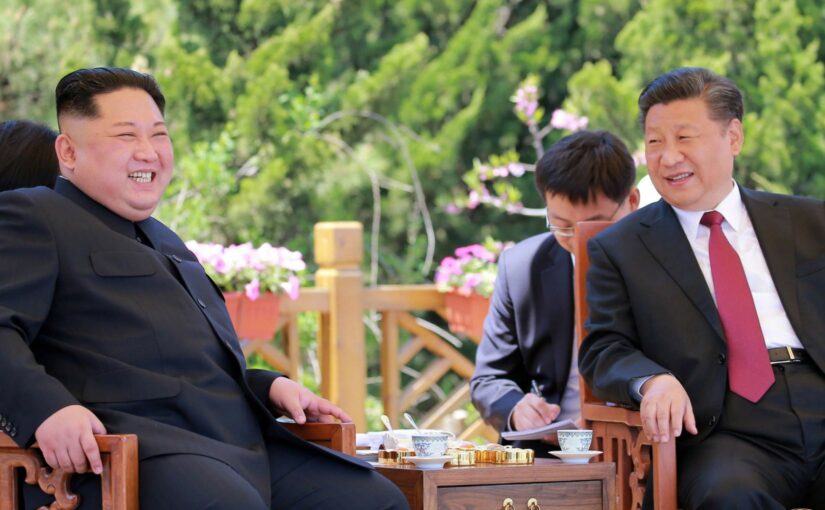



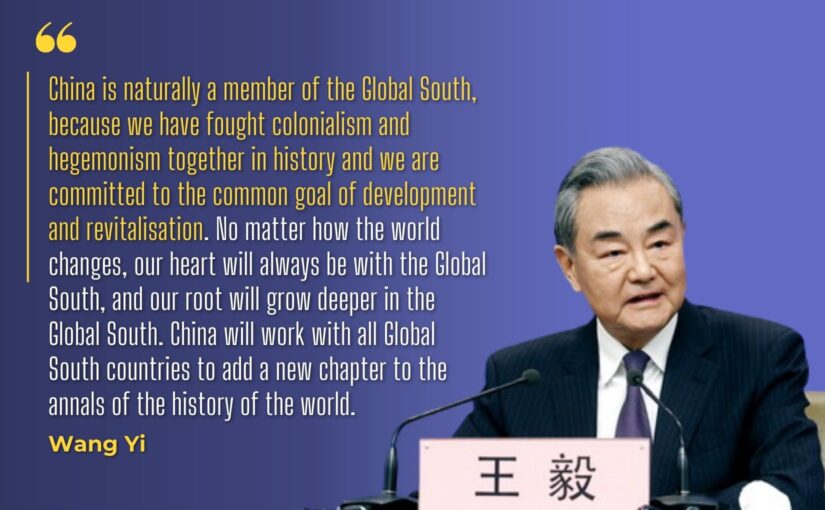
![Céad Míle Fáilte [100,000 Welcomes] for New Chinese Ambassador to Ireland](https://socialistchina.org/wp-content/uploads/2025/03/fosc-2025-03-09T180930.882-825x510.jpg)
